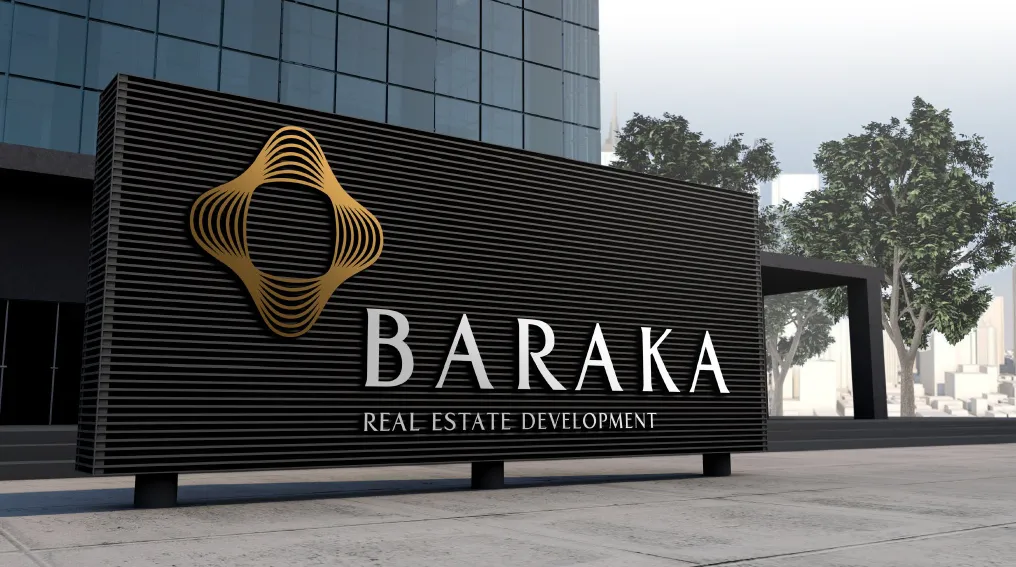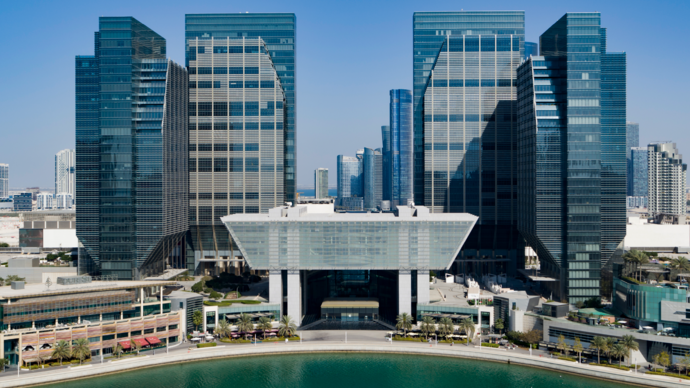The real estate sector in Abu Dhabi is set to undergo significant changes following the announcement of new regulations designed to enhance transparency, boost investor confidence, and promote sustainable growth. These reforms are part of Abu Dhabi’s broader strategy to strengthen its property market and ensure long-term stability.
Key Highlights of the New Regulations
The newly introduced regulations include several pivotal changes that directly impact real estate developers and property investors:
- Stricter Licensing Requirements: Developers must now obtain enhanced licensing certifications that demonstrate financial stability and a track record of successful project completions. This measure is intended to ensure that only credible and experienced developers can enter the market, protecting investors from unreliable operators.
- Escrow Account Mandates: All new property developments are required to have dedicated escrow accounts. This measure ensures that buyer payments are safeguarded and funds are allocated exclusively for the intended project. The escrow system creates a secure financial framework that prevents developers from misusing or diverting funds away from their designated purposes.
- Increased Transparency in Sales Transactions: Developers must now provide detailed project timelines, financial updates, and progress reports to both investors and regulatory authorities. This improved communication aims to build investor trust and ensure buyers are well-informed throughout the development process.
- Environmental Sustainability Standards: New developments are required to incorporate eco-friendly designs and sustainable construction practices to align with Abu Dhabi’s environmental goals. This move aligns with the UAE’s commitment to reducing its carbon footprint and enhancing energy efficiency in urban developments.
- Enhanced Dispute Resolution Mechanism: A dedicated real estate dispute resolution committee has been introduced to address grievances promptly and fairly. This committee is tasked with handling disputes between developers, investors, and property buyers, ensuring that issues are resolved efficiently and transparently.
Impact on Real Estate Developers
For developers, the new regulations demand a more structured and transparent approach to project planning and execution. While this may increase initial administrative tasks, the regulations are expected to improve the credibility of developers and attract a larger pool of foreign investors. Developers will need to present detailed project plans, financial documentation, and compliance measures before gaining project approval. This added oversight is designed to prevent project delays, incomplete developments, or mismanagement of funds.

Developers who prioritize compliance with these new standards are likely to see increased trust from investors, resulting in higher sales volumes and better project success rates. Furthermore, those who embrace sustainable building practices may benefit from tax incentives and additional government support for green initiatives.

Boosting Investor Confidence
Investors stand to benefit significantly from these reforms. The introduction of escrow accounts minimizes financial risks, ensuring that developers cannot misuse funds. Clearer communication from developers about project progress and completion timelines is expected to provide investors with greater assurance and security.
Foreign investors, in particular, are expected to respond positively to these reforms. By establishing stricter licensing requirements and safeguarding investments through escrow accounts, Abu Dhabi is positioning itself as a reliable and secure destination for global real estate investment. This measure is expected to increase foreign capital inflows into the property market, boosting overall economic growth.
Promoting Sustainable Growth
By encouraging sustainable building practices, Abu Dhabi aims to create a greener, more energy-efficient urban landscape. These standards align with the UAE’s broader environmental vision and will likely position Abu Dhabi as a leader in eco-conscious real estate development in the region.
Sustainable construction methods, such as the use of energy-efficient materials, renewable energy systems, and water conservation techniques, are becoming mandatory for new developments. Developers who fail to comply may face penalties or delays in obtaining project approvals. This emphasis on sustainability not only benefits the environment but also adds long-term value to properties, appealing to environmentally conscious buyers.
Impact on the Broader Economy
The introduction of these regulations is expected to have far-reaching effects on Abu Dhabi’s economy. The enhanced investor confidence, coupled with greater project accountability, will likely attract multinational corporations and property investors seeking secure growth opportunities.
Moreover, the construction sector is set to experience steady demand as developers adapt to these reforms. Companies that specialize in green building technologies, energy-efficient designs, and environmentally sustainable materials are expected to see heightened demand. These changes are also anticipated to create new employment opportunities within Abu Dhabi’s real estate and construction sectors.
Future Outlook for the Market
With these regulations in place, Abu Dhabi’s real estate sector is projected to experience steady growth driven by increased foreign investment and improved project accountability. Industry experts believe the enhanced oversight will reduce speculative developments, resulting in a more stable and sustainable property market.
The improved investment climate is likely to encourage expatriates, families, and multinational corporations to invest in Abu Dhabi’s growing property market. By balancing regulation with incentives for developers who adhere to environmental and financial standards, the emirate is positioning itself as a top-tier destination for property investment in the Middle East.
Abu Dhabi’s proactive stance on regulating the real estate sector underscores its commitment to fostering a secure, transparent, and growth-oriented environment for both developers and investors alike. As the new regulations take effect, industry stakeholders are optimistic that these measures will usher in a new era of prosperity, stability, and sustainable growth for Abu Dhabi’s property market.
Do follow Uae stories for more Updates
How AI is Transforming Healthcare in the UAE: The Future is Here!













